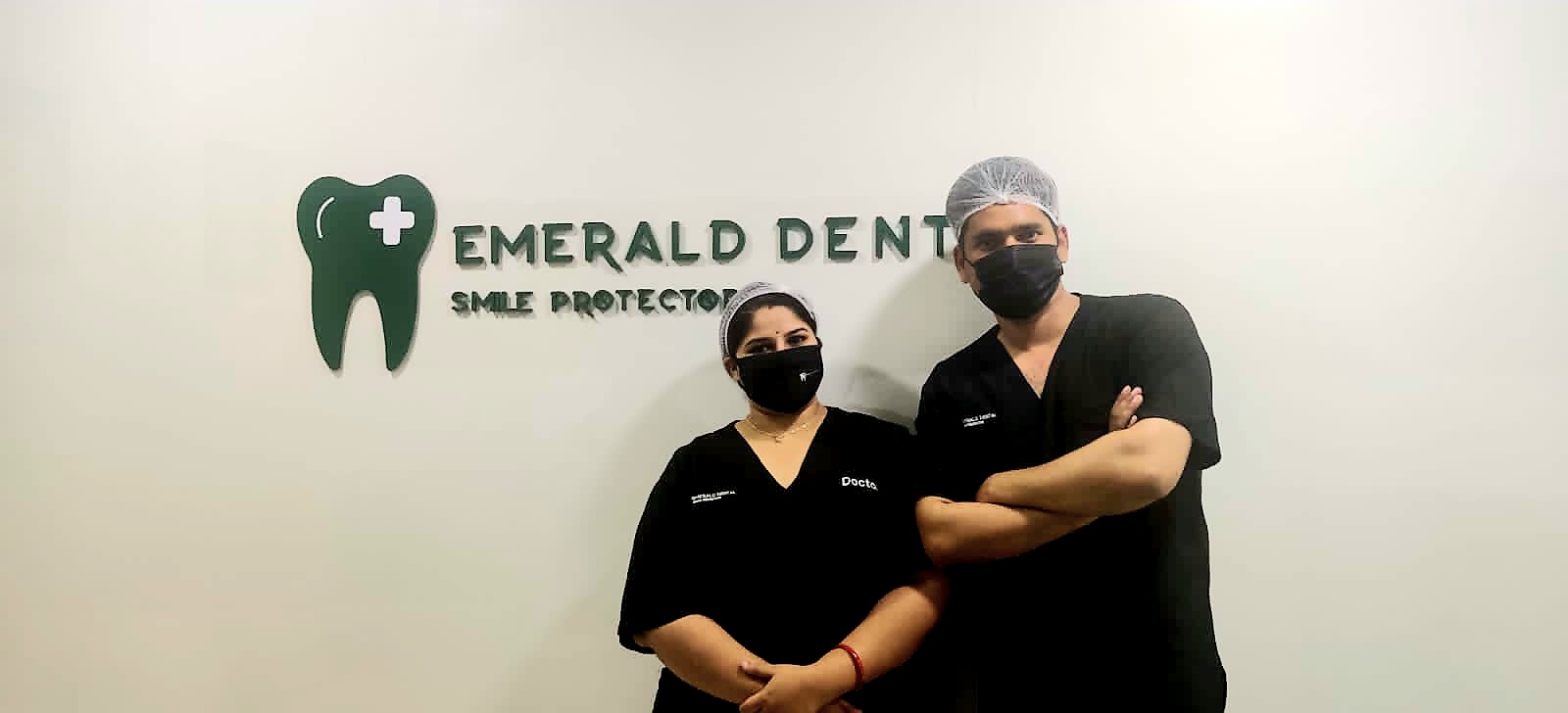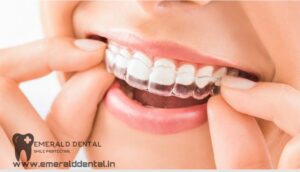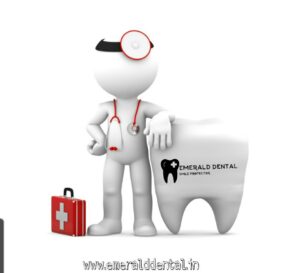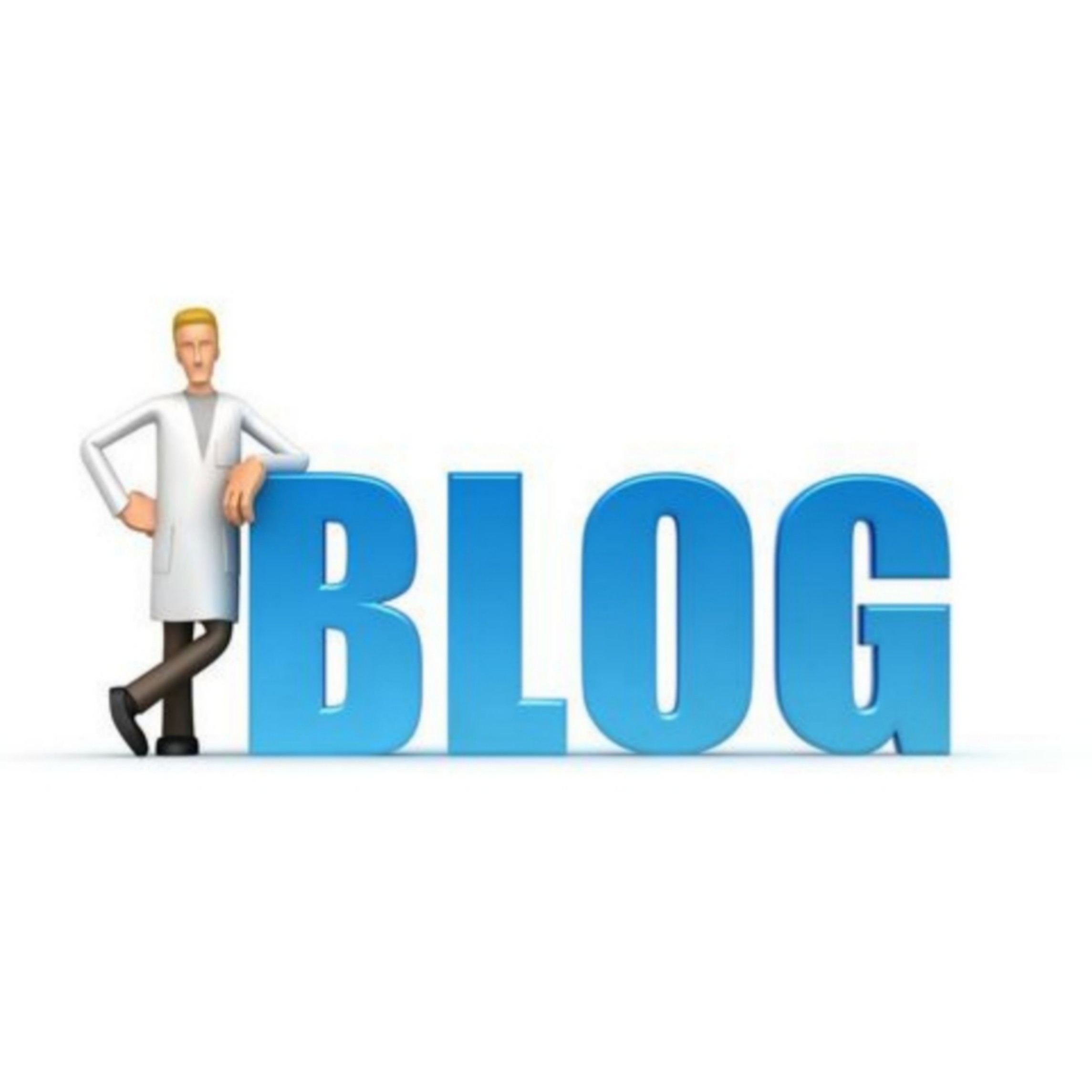
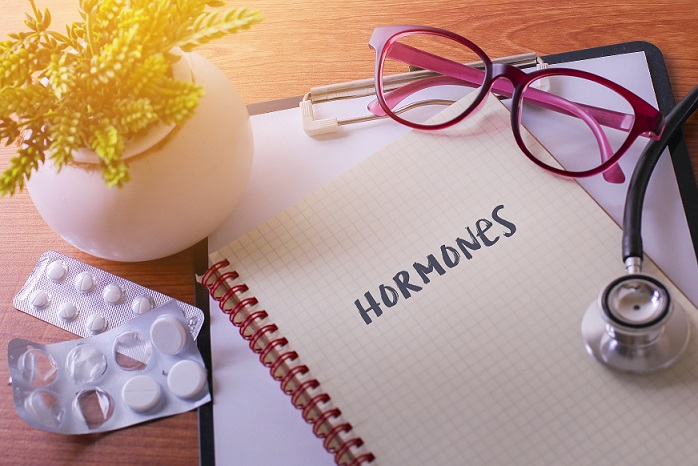
Any woman over the age of twelve is familiar with the effects hormones can have on your life. A lesser known fact about hormones is that they can impact your oral health too. Since oral health is so important to overall health, understanding how hormones play a part is valuable as well. So, during Women’s Health Week, we are exploring hormones and your oral health.
Hormones and Oral Health
First and foremost, hormones affect your blood supply, which means they impact every part of your body, including your gums. The American Academy of Periodontology say over 38% of American women suffer from gum disease, which they are more susceptible to due to female hormone changes. Not only are your gums affected but hormones affect your body’s response to toxins, such as bacteria found in your mouth. Your gums have estrogen receptors that are impacted by changes in your hormone levels, and this means when your hormones change, you may experience gingivitis like symptoms, or current symptoms may increase.
When do Hormones Fluctuate?
Women experience hormonal changes throughout their life span. Here are five main times when hormones fluctuate:
- Puberty – Large amounts of progesterone and estrogen are introduced to the body during puberty making gingivitis conditions more likely. Irritants such as plaque build-up can increase the redness, swelling and discomfort. Good oral care during this time is critically important, especially if orthodontics are in place.
- Monthly Menstruation – Menstrual gingivitis is a temporary condition where irritation, bleeding, and soreness in the gums presents itself a few days before your period, and can continue through it. Some women also experience canker sores and/or swollen salivary glands during this time. If it doesn’t end when your period ends, speak to a dentist.
- Birth Control – Women who use progesterone for birth control are likely to experience an increase in gum inflammation more often than women who don’t. Birth control should be included on your list of medications to discuss with your dentist during your visits. Contraceptives can also change how other medications work in your body, so it’s important to discuss this before any oral surgeries.
- Pregnancy – Significant changes happen in a woman’s body during pregnancy, and pregnancy gingivitis can happen at nearly any point. Healthy gums prior to pregnancy help reduce or eliminate pregnancy related gingivitis, but morning sickness, nausea, and dietary changes can also play a part in the oral health changes during the pregnancy period. Talk to your dentist about any worrisome changes and let them know that you are pregnant.
- Menopause – In addition to fluctuating changes in hormones during menopause, women are also likely to be taking medications that lead to dry mouth. Saliva helps to rinse the mouth of bacteria and food particles, so without it, or less of it, tooth decay and gum disease have a higher likelihood.
Combating Gum Disease Even with Hormonal Changes
Good oral care will help reduce gingivitis and gum disease not just during hormonal swings, but throughout your life. What does good oral care look like? The American Dental Association recommends the following daily home care routine:
- Brush your teeth twice a day for two-minutes or more with a fluoride toothpaste.
- Floss daily
- Rinse your mouth daily with an alcohol-free, ADA approved mouthwash
- Chew sugar-free gum after eating and between brushings to increase saliva
- See your dental health provider twice a year for cleanings and general check-ups
- Talk to your dentist about any concerns in your oral health or how your lifestyle or health plays a role in your oral care.
To maintain or return to healthy oral habits, a relationship with a dentist in your area is key. Find a PERFECT TEETH dentist to make an appointment today. Here’s to your health, during Women’s Health Week and always!



